Fit & Well: What are good fats?
Is saturated fat bad? When we talk about ‘bad fats’ we usually mean saturated fats or trans fats. Overconsumption of saturated fats is a real problem and one of the leading causes of obesity and related conditions in adults according to a study in the International Journal of Molecular Sciences.
We spoke to the founder of The Lantern Clinic and NHS GP, Dr Margarita Kitova-John, who further outlined which foods contain bad fats: “Saturated fats are mostly animal fats, usually found in high fats meats and dairy products. Consuming too much of them can increase the LDL (dangerous) fat levels and unbalance the lipid metabolism. They include:
Fatty cuts of beef
Pork and lamb
Dark chicken meat and poultry skin
High-fat dairy (cream)”
Trans fats are created when vegetable oils are heated and hydrogenated to make them solid (and spreadable) at room temperature. An article in the American Journal of Clinical Nutrition indicates that we can effectively reduce inflammation within the body by phasing out trans fats over time and returning to fats in their unprocessed form. Inflammation is a known risk factor for the development of cancer and chronic diseases and doctors will often look for inflammatory markers when trying to diagnose someone.
Dr Kitova-John explained why trans fats are considered to be so bad. “Trans fats are short for ‘trans fatty acids’ and appear in foods that contain partially hydrogenated vegetable oils,” she says. “Industrial seed oils are the highly processed oils extracted from soybeans, corn, rapeseed (canola), cottonseed and sunflower and safflower seeds. After the seeds are gathered, they are heated to extremely high temperatures to oxidize the fatty acids. This creates by-products that are harmful to health. Industrial seed oils are high in trans fats and are far from the “healthy” label they carry. Several chronic inflammatory diseases are associated with their regular consumption.”
